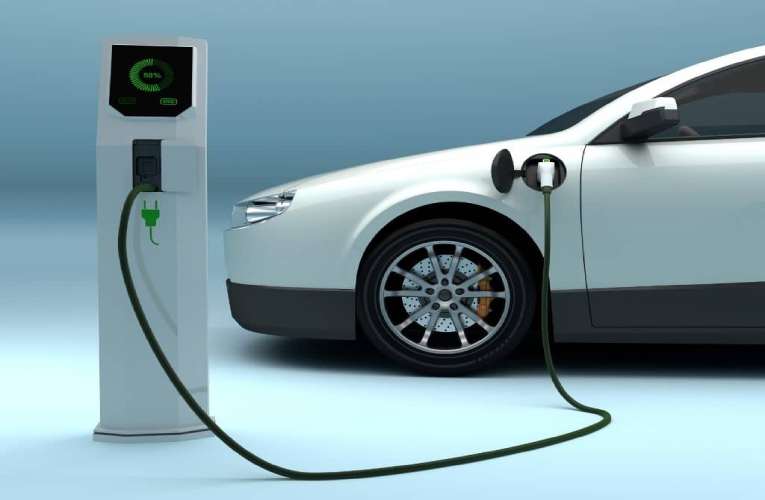
Counting the import value, the automobile tax is an impose of 4 percent and is not the final sales price of the vehicles
In an effort to boost the growth of electric vehicles and make it more popular among the people, the Switzerland government has now announced that from 2024, the automobile industry is likely to witness a import tax duty on EVs. Ever since electric cars made its way in the country in 1997, the import tax duty was not made mandatory. The official federal council added that the decision has been taken to tackle the low return in income from the automobile tax and it will fortify public finances in a large-scale manner.
Counting the import value, the automobile tax is an impose of 4 percent and is not the final sales price of the vehicles. Now, as the volume of electric vehicles has increased over the years, the exemption is not required, feels the government. This is because the price of EVs is almost the same as the traditional IC combustion engine vehicles. According to an exclusive report of the Associated Press, the number of electric cars imported annually increased from about 8,000 to over 45,000 between 2018 and 2022, and they made up nearly one-fifth of all auto imports last year.
A recent survey report by the Federal Office for the Environment (FOEN) mentioned that the overall GHG emissions produced by the transport sector in Switzerland decreased from 16.27Mt of CO2 in 2012 to 13.58Mt in 2020. Now, speaking of globally, Switzerland is not included in the top five EV markets, but it is growing significantly over the years. Experts feel that since the past twenty the exemption of import tax has helped the country to grow its EV sector.
A report of Statista stated that revenue in the Electric Vehicles market is projected to reach US$4.46bn in 2023, an annual growth rate (CAGR 2023-2027) of 20.96%, resulting in a projected market volume of US$9.55bn by 2027. Towards the end of 2027, the electric vehicles market unit sales are expected to reach 166.90k.
The Swiss authorities have highlighted the reduction in income from the automobile industry in detail. The Associated Press report further added that the government put last year’s shortfall at about 78 million francs ($85.7 million) and forecast that it will increase to between 100 and 150 million francs this year. A steady growth in the income is required because the returns from the tax go to a fund that helps in maintaining the major roads and other transport related ventures.

